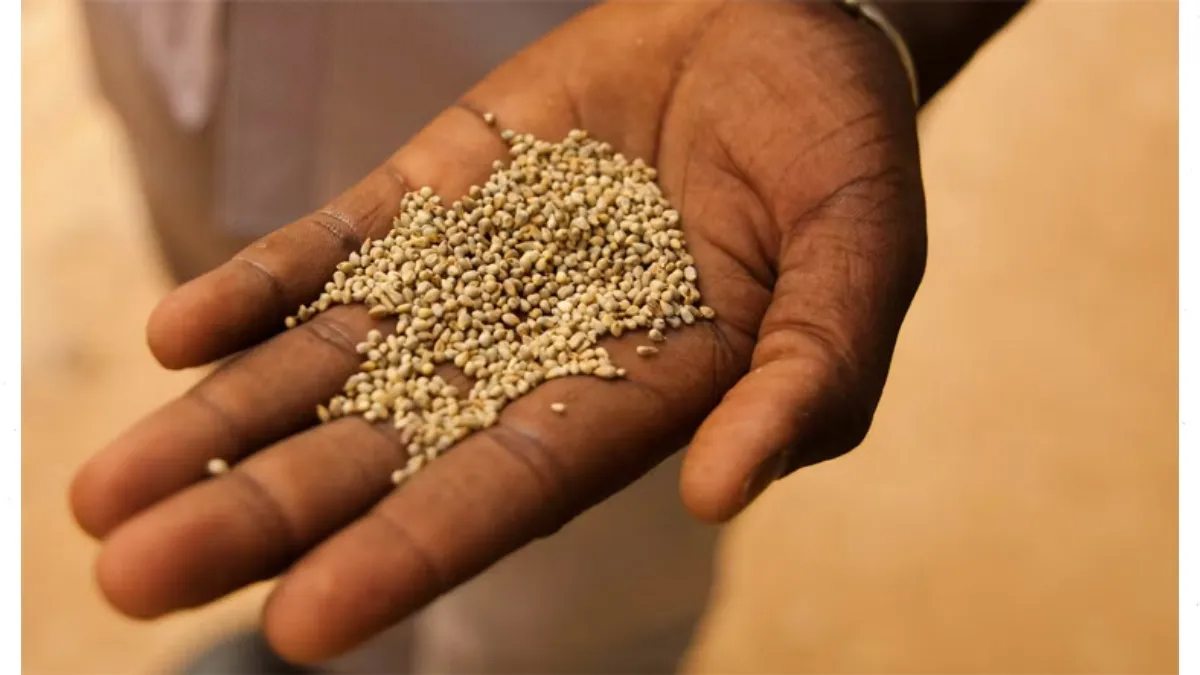Exploring the Health Benefits of Millets: A Sustainable Approach to Nutrition

Millets: The Nutritional Revolution
Millets, including varieties like Jowar, Bajra, and Ragi, are nutrient-dense grains that provide an impressive array of health benefits. They are packed with protein, fiber, vitamins, and minerals, supporting overall wellness.
Nutrient Density
Millets are not just grains; they're nutritional powerhouses. For example, finger millet offers exceptional calcium content, making it a fantastic choice for those seeking bone health.
- Pearl millet: 9-13 grams of protein per 100 grams.
- Finger millet: 364 mg of calcium per 100 grams.
- High fiber leads to enhanced overall health.
Blood Sugar Management
The low glycemic index of millets makes them an excellent choice for managing blood sugar levels, especially for individuals with diabetes. Regularly incorporating millets can contribute to better glycemic control.
Heart Health
Regular millet consumption is associated with lower cholesterol levels and can significantly reduce the risk of cardiovascular diseases due to their high fiber content.
Weight Management
Millets are beneficial for weight management. Their fiber promotes satiety, helping to control appetite.
Digestive Health
Millets support digestive health through their high fiber content, acting as prebiotics that promote a healthy gut microbiome.
Gluten-Free Nutrition
Millets are a fantastic gluten-free option, making them suitable for those with celiac disease or gluten sensitivity. They provide essential nutrients without compromising on taste.
The Future of Millets in Modern Diets
The FMCG sector is innovating with millet-based products, making these grains more accessible for modern consumption. With their sustainability profile, millets represent a key component in addressing global health and nutrition challenges.
Disclaimer: The information provided on this site is for informational purposes only and is not intended as medical advice. We are not responsible for any actions taken based on the content of this site. Always consult a qualified healthcare provider for medical advice, diagnosis, and treatment. We source our news from reputable sources and provide links to the original articles. We do not endorse or assume responsibility for the accuracy of the information contained in external sources.
This article was prepared using information from open sources in accordance with the principles of Ethical Policy. The editorial team is not responsible for absolute accuracy, as it relies on data from the sources referenced.